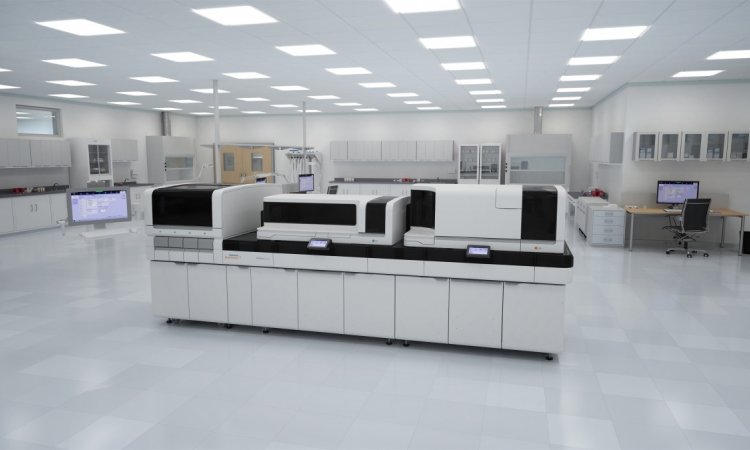Strategic lab control
Aiming to set up ordering standards in the context of reasonable ICDs/DRGs
Managing physicians’ test requests is a key ingredient of modern lab management. However, doctors and nurses still do not provide the clinical reasons for orders to all labs.

As Professor Ralf Lichtinghagen, specialist in Laboratory Medicine in the Department of Clinical Chemistry at Hannover Medical University, Germany (MHH) explained during the German Society for Clinical Chemistry and Laboratory Medicine (DGKL) congress, ‘Communication that accompanies samples merely covers profiles for tests. However, by analysing ordering behaviour, hospital laboratory managers can identify whether certain tests make clinical and economic use for certain ICDs or DRGs.’
The data platform used for his research is data collected by hospitals for the Institut für das Entgeltsystem im Krankenhaus (InEK), a body driven by payers and care providers, which optimises German DRGs.
This pool of transparent information includes the ordering physician, respective DRG, length of stay, etc., and enables retrospective analysis aimed at a multitude of relevant issues, such as optimising ordering behaviour. In a drive to benchmark ordering behaviour, Prof. Lichtinghagen’s team examines average numbers of tests ordered for each ICD/DRG, and creates basic profiles: ‘Our plans are to set up ordering standards in the context of reasonable ICDs/DRGs’. Such standards may well result in reduced time required for therapy and in improved patient outcomes in cases where suitable tests are not ordered, or where orders are initiated with a delay. They may also serve to reduce cost by care providers in cases where benchmarks show that tests are not required.
Implementing expertise
‘Based on information we extract from InEK data, we plan to enter into discussions with our clinical peers. This collaborative approach, backed by top management, enables us to pass on expertise about the suitability of tests for individual cases. This,’ the professor explained, ‘supports visibility of lab staff in the hospital community and the prestige of laboratory medicine.’ The subsequent phase includes change management with regard to long-term implementation of evidence-based expertise into workflows and pathways.
The PDCA cycle
‘Plan, do, check, act’ is the implementation approach Prof. Lichtinghagen envisages for MHH. The university hospital may not be a typical care provider due to the complexity of disciplines needing lab results – including virology, microbiology, clinical chemistry, haematology, immunology, etc.
Taking a first look
In an environment where, out of 60 ordering physicians 80% of test requisitions come from around 14 peers, examining ordering behaviour appears legitimate. Analyses help to answer questions such as ‘Which of the many DRGs generate the largest number of tests?’ Prof. Lichtinghagen aims to create a platform for diagnostic pathways, which, for a given symptom such as thorax pain, will produce suggestions for a set of lab tests. ‘We hope to turn this concept into reality in a few years,’ Dr Lichtinghagen predicts. Medical controllers and the hospital’s management show great interest in this project.
Details: www.dgkl2013.de
22.05.2013











